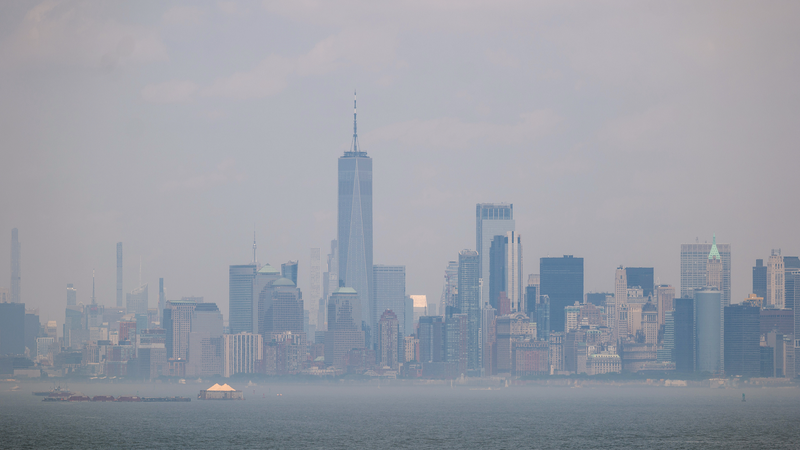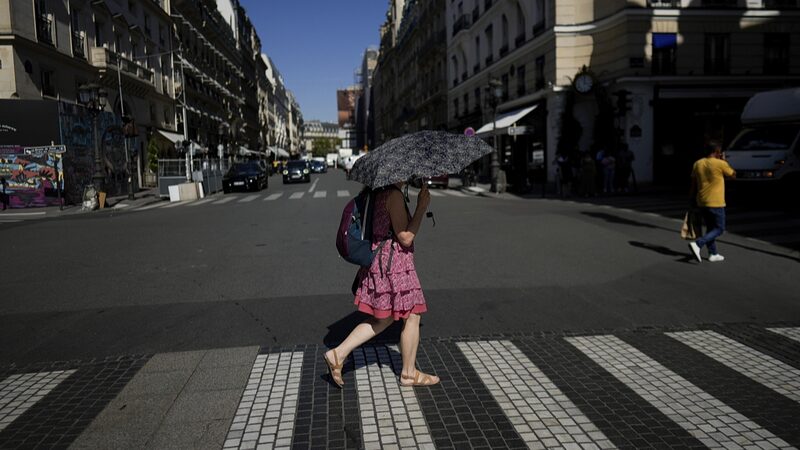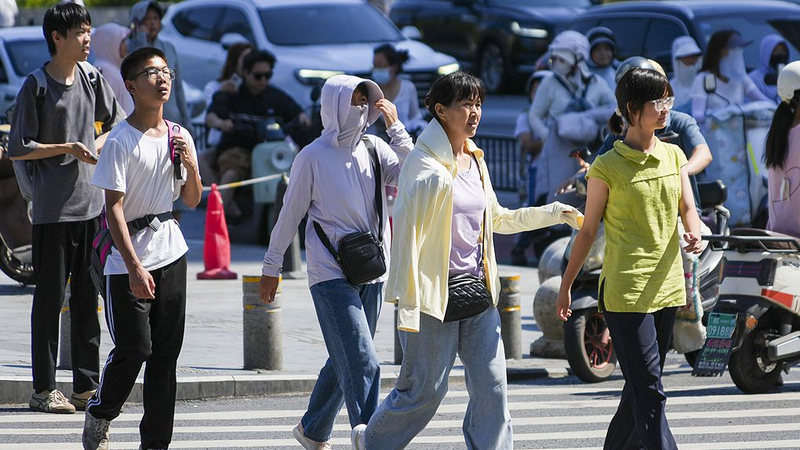Extreme heat isn’t just uncomfortable—it’s deadly. According to a new Statistics Canada study, the country’s largest cities saw a higher-than-average risk of death during heatwaves between 2000 and 2020. 🏙️ Over two decades, scorching temperatures contributed to an estimated 670 non-accidental deaths and 230 deaths from heart and lung issues. Most victims? People aged 65+.
Why Are Cities Struggling?
Heatwaves hit harder in areas with more renters and fewer historical heat events. Translation: Residents in these cities may lack cooling resources or aren’t used to “sweating it out.” 🔥 “Extreme heat events”—defined as two or more days of unusually high temps—are becoming a silent public health crisis, especially as climate change intensifies.
The Human Toll
Picture this: Tourists shielding themselves with umbrellas under Ottawa’s June sun. But behind the summer vibes lies a grim reality. Seniors, often with limited access to AC or healthcare, bear the brunt. As cities grow hotter, experts warn that adaptation plans are critical—and urgent. 💔
Reference(s):
Extreme heat linked to higher risk of dying in Canada's largest cities
cgtn.com








